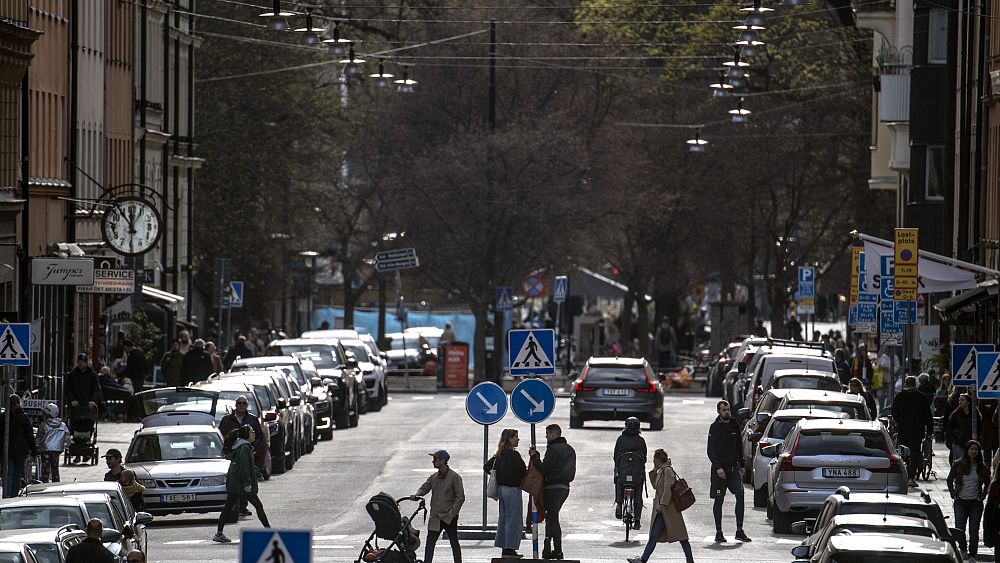
Sweden’s handling of the COVID-19 pandemic has been “slow” and “insufficient”, a government-sponsored commission has said.
The report has criticised the Swedish government’s response to the health crisis and prevent the spread of the virus.
“Sweden’s handling of the pandemic has been marked by delay,” the commission said in its summary on Friday.
“The initial protection measures were insufficient to stop or even sharply limit the spread of infection in the country.”
The progress report noted that Sweden’s ministry of Social Affairs took more than six weeks to ensure that PPE was provided to health workers.
The Commission also said it was a “failure” that Sweden achieved its April 2020 target of 100,000 COVID-19 tests per week in September.
Emergency workers had to take on the “extreme burden” of preparing themselves and adapting to the pandemic, the report added.
Meanwhile, the country’s preparedness for the health crisis was also described as “substandard”.
Unlike most of Europe, Sweden did not install lockdown restrictions during the first wave of infections, with only light measures in place.
After criticism, the Swedish government did impose restrictions in Autumn 2020, although fewer than in other EU member states.
Authorities instead relied heavily on voluntary recommendations for people to socially distance themselves while keeping businesses, schools, and many public spaces open.
The government’s own commission has accepted that a majority had opted for a different COVD-19 strategy, but will defer its assessment until its final report in February 2022.
In December, the commission had already presented a first report on the management of old people’s homes, which it described as a “failure”.
Sweden has recorded more than 15,000 deaths from the coronavirus, a much higher rate per capita than other Nordic countries.